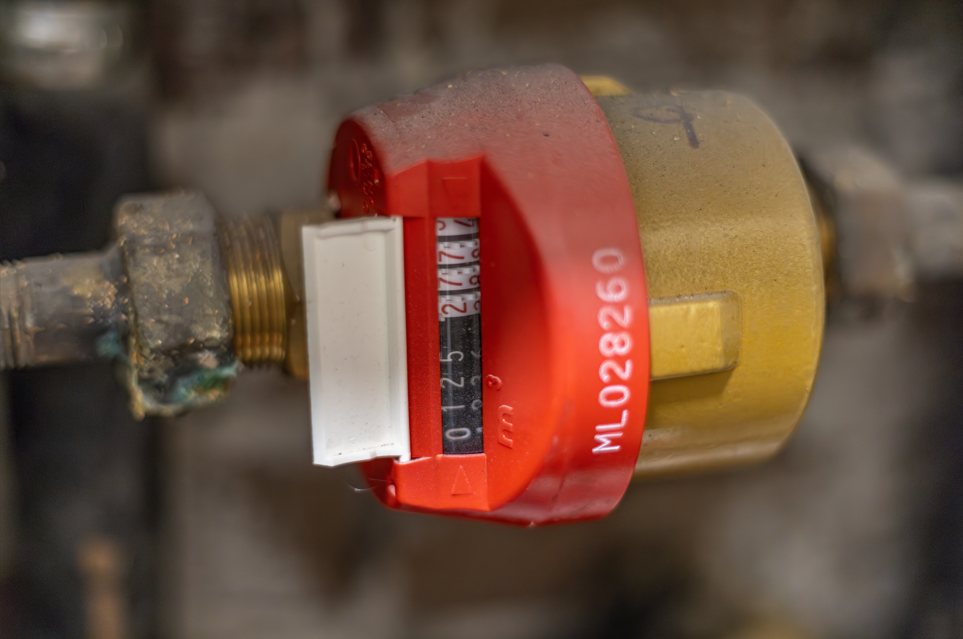
Introduction
Stuck in a dispute with a builder who has done a bad job? Are you sick of looking at the poor, defective work being performed on your home or the half-built house that seems as though it will never be finished? In Victoria, there are several options available to you if you can't resolve a domestic building dispute with the builder yourself. Additionally, from 26 April 2017 new legislation will make significant changes to how you can resolve a domestic building dispute.
Consumer Affairs Victoria
A complaint can be lodged with the Director of Consumer Affairs Victoria ("CAV"), who may either refer the matter to conciliation or institute proceedings in the Victoria Civil and Administrative Tribunal ("VCAT") on your behalf.
Conciliation is a process overseen by a conciliator, who helps you and the builder to resolve your building dispute. The conciliator does not, however, make any decision it is up to the parties to come to an agreement. Further, conciliation is not mandatory and there is no penalty to the builder for not attending.
The Director may institute proceedings against the builder on your behalf in VCAT, though this is rarely done in practice as the Director must be satisfied that you have a good claim and that it is in the public interest to issue the proceedings.
Victorian Building Authority
You can lodge a complaint with the Victorian Building Authority ("VBA") which will assess the works and may refer the matter to its investigation unit. If the builder is found to have breached relevant building legislation, the VBA may deal with the matter with a warning letter to the builder or it may refer the matter to its investigation unit. This may then lead to disciplinary proceedings against the builder.
Upon payment of a fee (currently $300) you can request the VBA to carry out an inspection and prepare an inspection report. If the inspector finds that the building works are defective, then he or she must include recommendations as to what is required to fix the defects. Failure to implement the recommendations may result in the builder being referred back to the VBA for breaches of the building legislation.
Importantly, however, the VBA cannot make an award of compensation in your favour.
Victoria Civil and Administrative Tribunal
You can file an application with VCAT seeking compensation for defective or incomplete works. An application fee is payable, with the amount depending upon the compensation claimed. Domestic building applications filed with the VCAT are generally referred to mediation (conducted by a mediator) or a compulsory conference (conducted by a VCAT member). Both processes are like conciliation at CAV, in that the mediator or the VCAT member cannot make a binding decision in this part of the process.
If you and the builder do not resolve the building dispute at mediation or compulsory conference, then the matter will be referred to a hearing conducted by a VCAT member. Whilst VCAT is not bound by the rules of evidence, the hearing is a formal process which is similar to a Court hearing. Lawyers are often given leave to appear and the VCAT member will make a final, binding decision after considering all of the evidence. Orders made by VCAT may be enforced by the appropriate State Court, if the builder fails to comply with them.
The Domestic Building Dispute Resolution Victoria - a new regime
From 26 April 2017, changes made by the Building Legislation Amendment (Consumer Protection) Act 2016 (Vic)("the BL Act") will come into effect. The BL Act will require that most domestic building disputes be referred to conciliation with the new Domestic Building Dispute Resolution Victoria ("the DBDRV") before proceedings can be issued in VCAT or a Court.
Other major changes to the process include:
- The chief dispute resolution officer ("the CDRO") from the DBDRV may issue a notice that requires the builder to stop works.
- The CDRO may refer the works to an assessor to examine and produce an assessment report.
- As part of the conciliation process, the CDRO may make findings as to whether or not the building works are defective. These findings may be used as evidence in any subsequent application before VCAT.
- At the conclusion of the conciliation, the CDRO may make dispute resolution orders requiring the builder to rectify defective or incomplete works. If such orders are made, the CDRO may also make orders against you, including an order that you pay money to the builder for the works.
- If you or the builder fail to comply with a dispute resolution order, the CDRO may issue a breach notice. Failure to comply with a breach notice may allow the other party to terminate the domestic building contract.
Useful tips
- When you first start having problems with a builder or building work, raise the issue(s) with the builder immediately.
- If the matter is not resolved quickly, decide which of the above options best suits your aims, including whether you want to seek monetary compensation.
- From 1 July 2017*, remember that most domestic building disputes will have to be referred to the DBDRV for conciliation, prior to issuing proceedings in VCAT.
How can Sharrock Pitman Legal help me?
Remember when things go wrong with your builder, it can be hard to know which option is best for you.
We have extensive experience assisting customers to resolve domestic building disputes. If you need advice, please contact our Litigation team on 1300 205 506. It would be our pleasure to assist you.
The information contained in this article is intended to be of a general nature only and should not be relied upon as legal advice. Any legal matters should be discussed specifically with one of our lawyers.
Liability limited by a scheme approved under Professional Standards Legislation.
Caroline Callegari is an Associate Principal and Accredited Specialist (Commercial Litigation). Caroline leads our Disputes & Litigation team and has an advisory and advocacy practice in the following areas: Commercial Litigation, corporate and personal disputes, debt recovery and, insolvency and bankruptcy matters. Caroline can be contacted on (03) 8561 3324 or by emailing caroline@sharrockpitman.com.au.







_th-1339574840.jpg)

